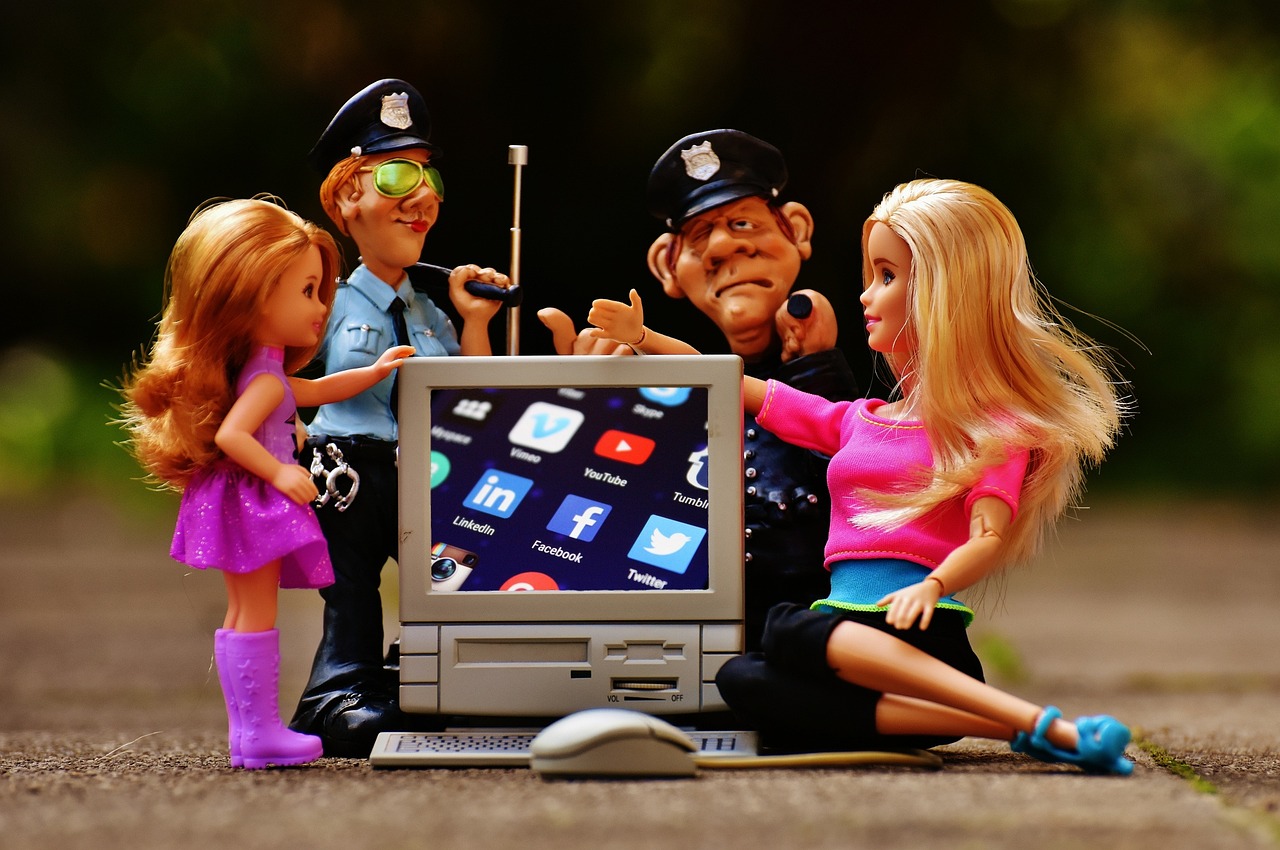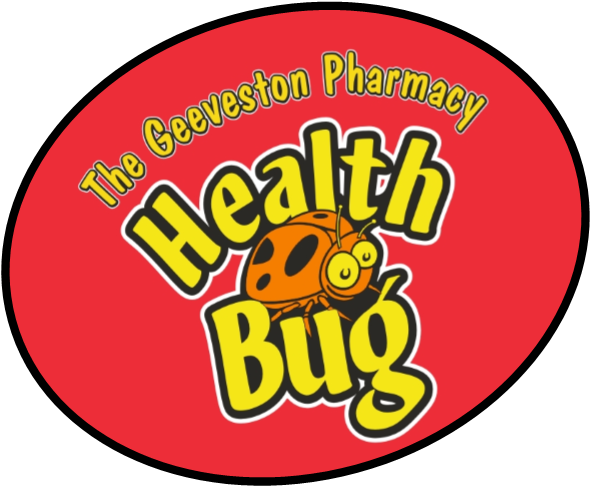 Being a parent in the age of social media is fraught with the challenges of competing with the dubious wisdom found in the online world.
Being a parent in the age of social media is fraught with the challenges of competing with the dubious wisdom found in the online world.
Parents are fighting the tide of marketing from influencers, convincing teenagers to buy ‘Brazilian Bum Bum Cream’ to treat their non-existent cellulite or expensive product ranges to treat acne.
In an era dominated by social media, the quest for medical knowledge has taken on a new dimension.
Social media platforms have become virtual hubs where individuals seek advice, share experiences, and gather information about health-related matters.
While the accessibility and abundance of information are undeniable boons, the reliance on social media for medical knowledge poses significant dangers.
Sourcing medical information from social media lies in the lack of credibility and expertise.
Unlike peer-reviewed journals or reputable medical websites, where information undergoes rigorous scrutiny, social media platforms often lack such quality control mechanisms.
Consequently, misinformation and pseudoscience easily permeate these spaces, leading to the dissemination of erroneous or potentially harmful advice.
The brevity of social media posts encourages oversimplification of complex medical issues.
In an attempt to condense information into bite-sized chunks, crucial nuances may be overlooked, leading to misunderstandings or misinterpretations of medical concepts.
This oversimplification can be particularly hazardous when it comes to matters of health, where accurate understanding is paramount for making informed decisions.
With a plethora of anecdotes and personal accounts circulating online, individuals may be tempted to diagnose themselves based on symptoms described by others.
However, self-diagnosis often leads to inaccuracies and can exacerbate anxiety or hypochondria.
Furthermore, it may deter individuals from seeking professional medical advice, delaying necessary treatment and potentially worsening their condition.
Social media’s algorithmic nature can create echo chambers, where users are exposed only to information that aligns with their existing beliefs or biases.
This can perpetuate misinformation and hinder critical thinking, as users may be less inclined to question the validity of information that conforms to their preconceptions.
To mitigate the dangers associated with relying on social media for medical knowledge, it is crucial for individuals to exercise caution and scepticism.
Cross-referencing information from multiple reputable sources, consulting healthcare professionals, and critically evaluating the credentials of those offering medical advice online are essential practices.
Additionally, platforms themselves must take proactive measures to combat misinformation and prioritise the dissemination of accurate, evidence-based information.

